A senior risk and governance professional Susan Staples has extensive experience in the development and implementation of enterprise risk management frameworks, board governance review and redesign, sustainability assurance, and the development of sustainability strategies and programs.
In this article Susan shares her insights into the climate risk management issues facing Australia’s boards and executive teams in 2020 and beyond.
Managing climate risk: striking the balance between agility and due diligence
2020 has seen the term ‘unprecedented’ become commonplace. Whether temperature highs, bushfires, floods, intense droughts, or global pandemics, one in 100 year events are occurring at an increasing rate. With risk management often defined as ‘managing uncertainty’, what do these unprecedented times mean for boards and management as they try to navigate through the disruption quickly but safely?
The upheaval brought by COVID-19 and the earlier shocks arising from the catastrophic bushfires, prompted businesses across Australia to conduct reviews of emergency management and business continuity frameworks. The need to respond to events of increasing scale and intensity (and in many cases interconnectedness), is leading to a series of questions within boards These questions include, how do we find the balance between responding quickly to crises, while ensuring that we have effective and robust risk management processes in place? How do we ensure agility in our decision-making, escalation of issues, and modification of business processes whilst ensuring adequate controls are in place to manage risk? The challenge for boards now is to ensure that they have the skills, foresight, information and processes to identify and assess a range of risks, to enable a fast, agile response. At the same time, boards must ensure that they fulfil their obligations and responsibilities to have robust checks and balances in place before taking any action. The role of proactive risk management is now more critical than ever.
The boards of the future
As the world evolves, what was considered ‘disruption’ in the past, is now business as usual, creating a new set of issues that require oversight and stewardship from the board. There are multi-dimensional, interconnected risks. New trends, technologies, risks and opportunities are emerging at a rapid rate. Accountability to shareholders now requires consideration and engagement with a wide range of stakeholders. Non-financial risks that were once seen as secondary considerations are quickly emerging as material risks with a clear financial impact.
The management of climate risk is now expected; to ignore climate risks is to ignore fiduciary responsibilities to shareholders. The guidance of the Taskforce on Climate-related Financial Disclosures (TCFD) requires a range of climate risk-related disclosures and investors are looking to this information to support investment decisions – not just shareholders, but debt financiers as well.
As seen in Energetics’ recent survey of investors, Full Disclosure: Improving corporate reporting on climate risk, conducted for the Investor Group on Climate Change (IGCC)[1], boards are expected to appoint directors with executive level skills and expertise in climate change. As for all areas of governance, directors must have the willingness and ability to ask questions, to test the scenarios and oversee performance in line with the organisation’s strategic objectives.
Climate risk management requires skills associated with science, engineering, technology, product development, global politics and intergenerational perspectives. With greater pressure for boards and management to be accountable for organisational performance that meets community expectations[2], the need for climate change related performance measures is increasingly important.
Ensuring that the performance outcomes are linked to executive remuneration and board appointments will emerge. Investor backlash in response to Rio Tinto’s destruction of the Juukan Gorge rock shelters saw the creation of #Juukan on twitter and three senior executives forced to leave, undoing years of work building Rio’s social license to operate. The boards of the future must have an eye towards anticipating and responding to a range of complex, interconnected issues that boards of the past did not. Boards and executives need to identify the skills, attributes and processes to avoid their own #hashtag moment and ensure sustainable outcomes for their organisation.
Climate risk maturity – where do you want to be?
In the same way that enterprise risk frameworks have various levels of maturity, climate risk maturity is also important. Investors are increasingly looking for improvements in climate risk disclosures. This does not mean that the reports are written better, it means that the content of the report is more meaningful. Investors are reading between the lines, looking at how organisations can demonstrate effective management of climate risk through robust evidence and pathways to improve. Investors are looking for evidence of how climate risk management informs strategy development, decision-making and opportunities for growth. Maturity pathways include improvements such as demonstrating progress towards targets, improved processes to anticipate climate exposures, enhanced oversight and governance of climate risk management activities, greater accountability for climate related performance and importantly, clearer links between risk, opportunity, strategy and shareholder value.
As climate risk continues to emerge as material risk, an understanding of climate risk maturity will in turn develop. Understanding where you are on that maturity scale now - and defining where you want to be in the future - will enable directors and executives develop a road map not just for reporting to stakeholders, but to achieve better governance and risk management practices more broadly.

References
[1] Energetics | Insights into investor expectations of climate risk disclosure, report of IGCC and Energetics
[2] Noting findings from the Hayne Royal Commission, the guidance as development by the Stability Board’s Taskforce on Climate-related Financial Disclosures.






